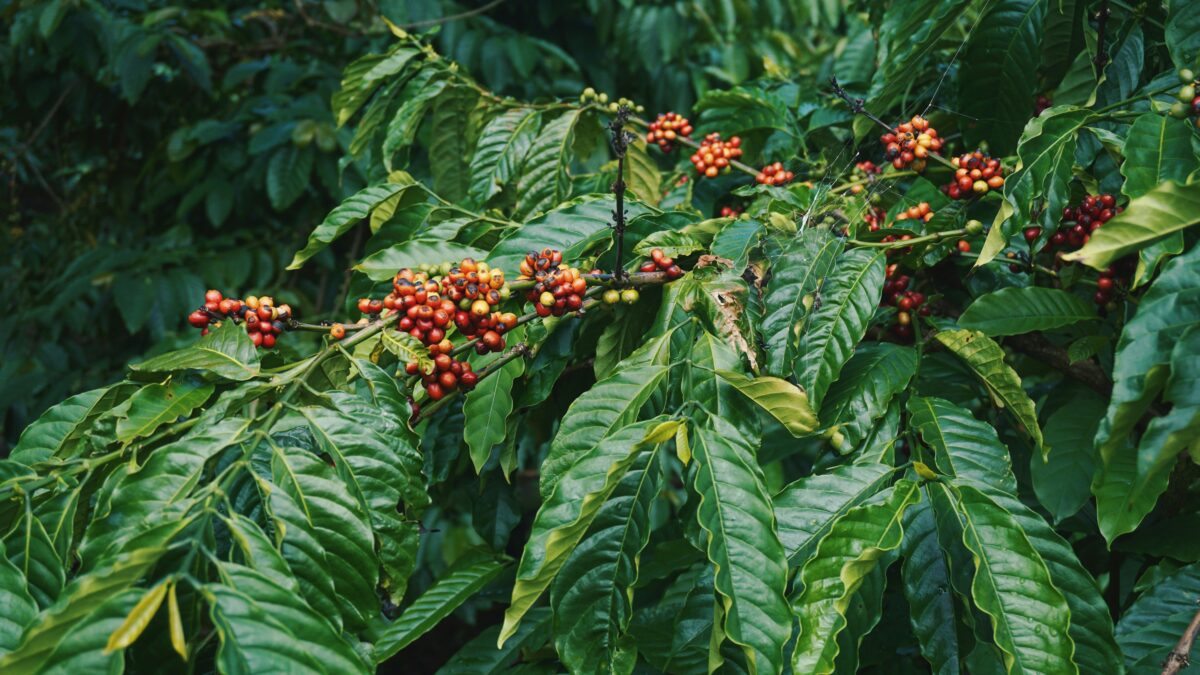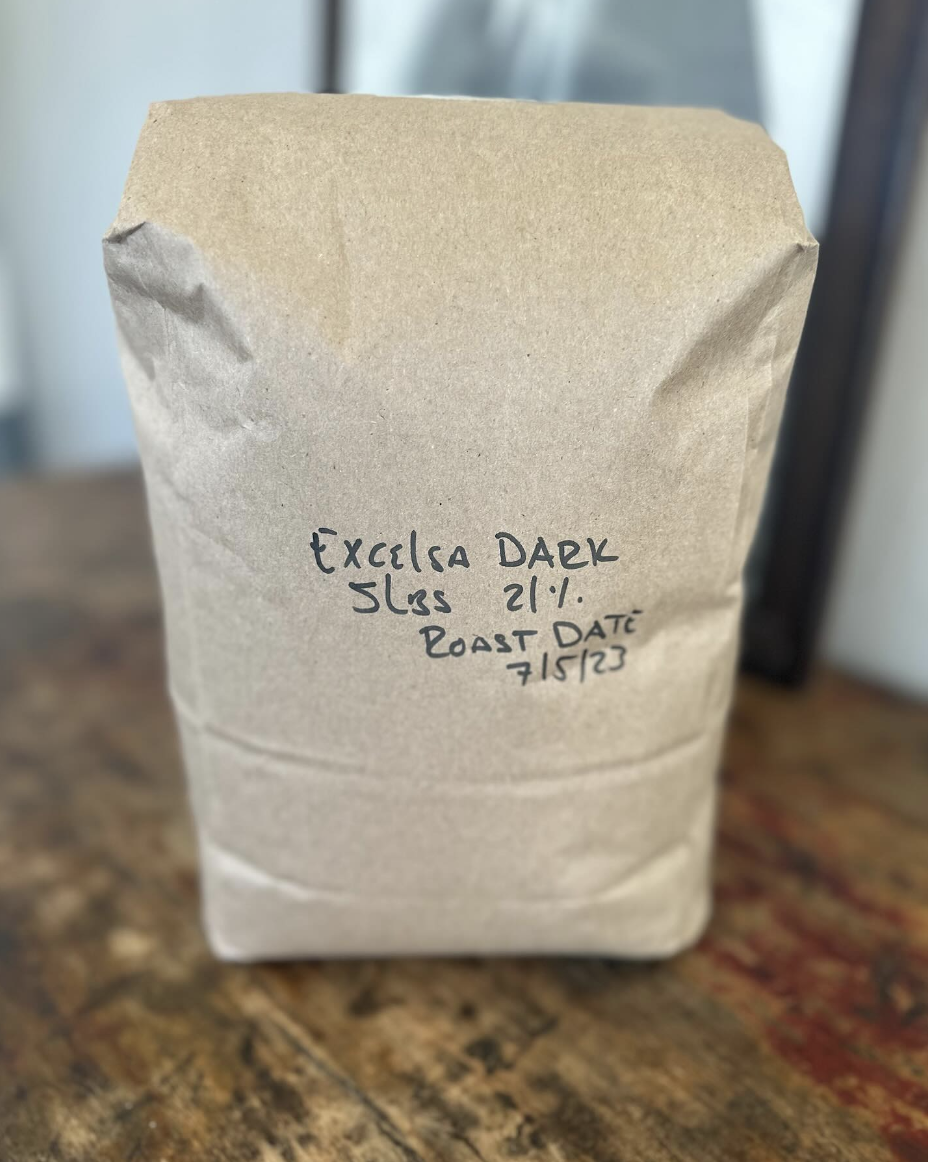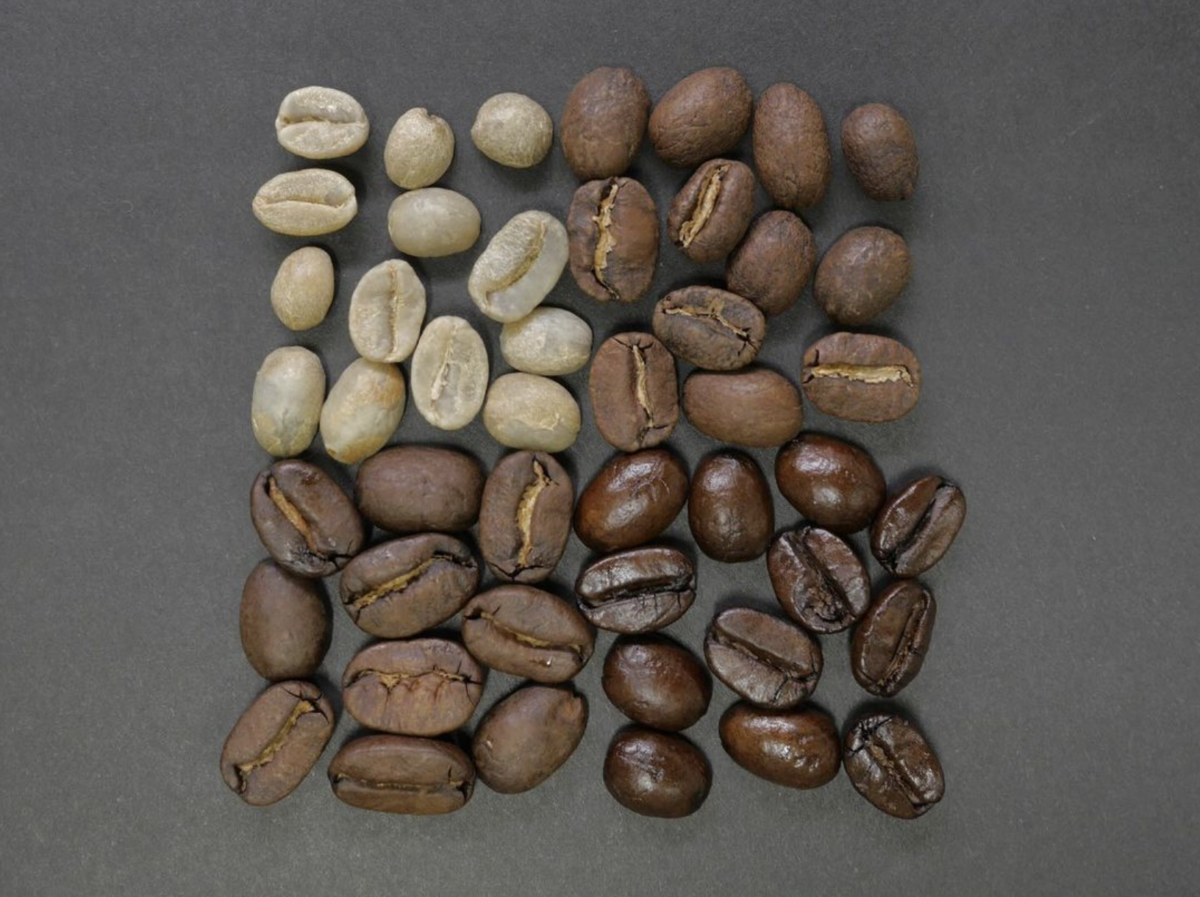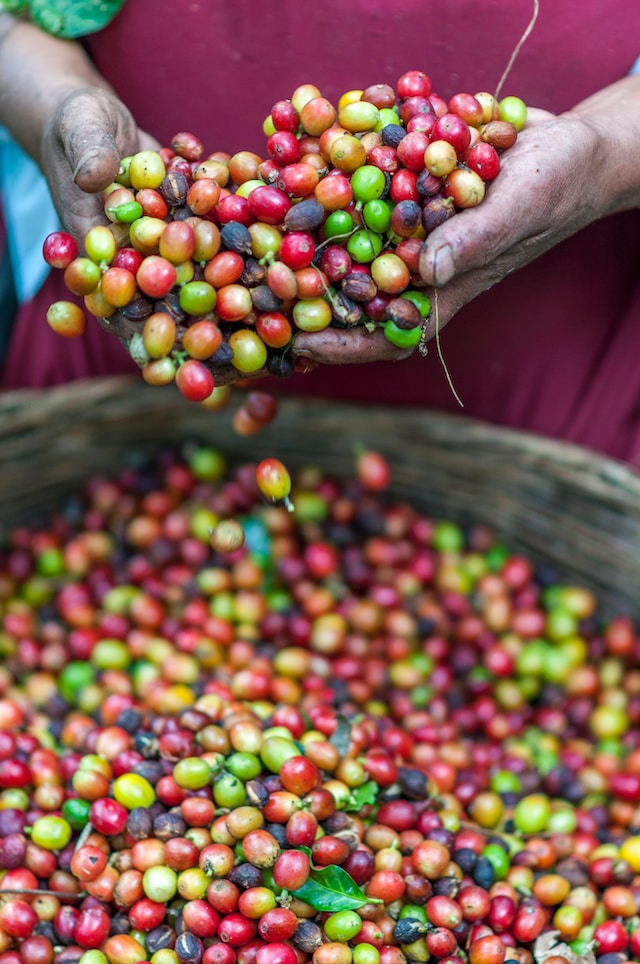The Enigmatic Excelsa: A Dive into the Rare and Resplendent Coffee Bean
Excelsa coffee, a name that evokes whispers of exoticism and whispers of rarity, is a bean shrouded in its own unique allure. While Arabica and Robusta take center stage in the global coffee scene, Excelsa occupies a niche corner, tantalizing adventurous palates with its distinctive character and elusive nature. Let’s embark on a journey to unveil the secrets of this remarkable bean, tracing its origin story, delving into its unique characteristics, and understanding why it holds such a special place in the world of coffee.
Found in the Heart of Africa: In 1903, amidst the verdant heart of Africa, Excelsa first emerged onto the world stage. Discovered near Lake Chad, this resilient and productive species quickly found its way across the seas, taking root in the fertile soils of Southeast Asia. Today, the Philippines, Vietnam, and India proudly nurture Excelsa trees, each region adding its own subtle twist to the bean’s character.
From Dewevrei to Liberica: Though originally christened Coffea dewevrei, a nod to its discoverer, Excelsa underwent a taxonomic reshuffle in 2006. Aaron P. Davis, a British botanist, reclassified it as a type of Liberica, its closest genetic sibling. While these two beans share certain similarities, Excelsa possesses a distinct personality that sets it apart.
Rising Above the Shrubs: Unlike its shrubby cousins, Arabica and Robusta, Excelsa boasts a tree-like stature. Reaching dizzying heights of 15 meters, these majestic giants dominate the landscape, demanding attentive care and meticulous pruning. Though labor-intensive, this vertical growth contributes to Excelsa’s resilience, shielding it from many common coffee diseases and pests.
Beyond the Bean Shape: Forget your standard oval Robusta or elongated Arabica. Excelsa beans are petite and round, resembling miniature pearls nestled amongst the foliage. This unique silhouette hints at the hidden treasures within, promising an experience unlike any other.
Unlocking the Flavor Enigma: Roasting Excelsa presents a unique challenge. Its thicker mucilage and lower soluble solids demand a carefully crafted approach. Unlike its faster-releasing counterparts, Excelsa shines when given a medium-light roast, allowing its delicate berry and fruity notes, with a hint of popcorn, to bloom gracefully. For the adventurous roaster, darker roasts reveal a fuller body, where notes of chocolate and cream waltz across the palate.
Rarity Worth Savoring: With just 7% of the world’s coffee beans claiming the Excelsa name, scarcity adds to its mystique. While Arabica reigns supreme and Robusta plays a supporting role, Excelsa is a rare gem, offering a glimpse into a world of forgotten flavors and forgotten stories. Every cup brewed from this bean whispers of its journey from ancient Africa to your mug, a journey marked by resilience, care, and an unwavering commitment to quality.
A Bridge Between Species: Though reclassified as a Liberica, Excelsa occupies a fascinating space between the two species. It shares Liberica’s resilience and resistance to disease, yet its flavor profile and bean shape lean closer to Arabica. Perhaps this duality is what makes Excelsa so captivating, a bridge between two worlds, offering a taste of both while carving its own distinct path in the coffee universe.
A Future for Excelsa: While rare, Excelsa isn’t forgotten. Coffee connoisseurs and specialty roasters are rediscovering its potential, highlighting its unique flavor profile and celebrating its resilience. Research into improved cultivars and efficient production methods is paving the way for a brighter future for this enigmatic bean. As awareness grows, we might just see Excelsa step out of the shadows and claim its rightful place as a treasured coffee experience, enjoyed not just by a select few, but by coffee lovers around the world.





